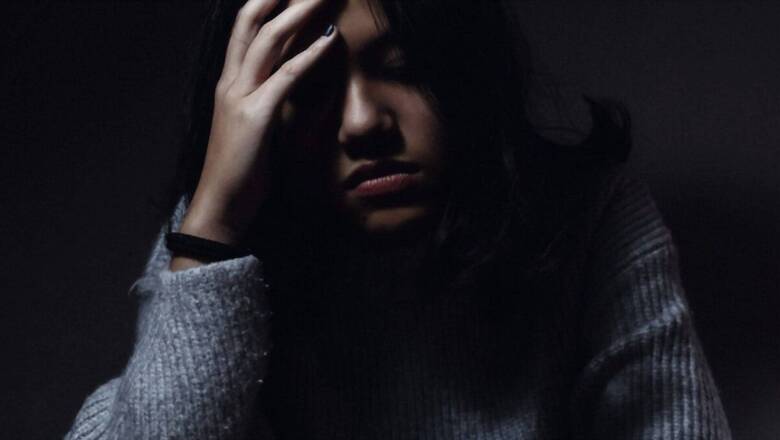
views
Menopause marks the end of the menstrual cycle among women. It happens when women don’t get their periods for 12 months. Women usually suffer from menopause in their mid-40s to early 50s. The transformative change is not an easy time for women and often comes with several hormonal changes as well as a lot of physical and emotional changes. The change in levels of female hormones i.e, estrogen and progesterone, lead to emotional breakdown during perimenopause (around menopause). Women are often seen facing depression and other mental challenges.
During this time, women may experience sleepless nights due to hot flashes and sex may become resentful because of vaginal dryness. Apart from all these, menopause can also cause chills, night sweats, sleep problems, mood changes, weight gain and slowed metabolism, thinning hair and dry skin and loss of breast fullness.
How to know if it’s depression or stress
People often confuse between depression and stress hence, it’s important to distinguish between stress or mood swings and clinical depression. Depression is a condition that occurs due to a chemical imbalance in the brain. It can be identified by a depressed mood most of the time, and a loss of interest in normal activities and relationships. Fluctuating hormones during perimenopause might lead to this imbalance.
Major Signs of Depression
If you have been experiencing any of these signs and symptoms often, then you may be experiencing clinical depression and should seek help from a healthcare provider. You must take medical consultation immediately.
- Little interest or no interest in doing any activity
- Feeling of hopelessness or feeling low most of the time or a feeling of being a failure
- Insomnia or sleeplessness
- Impaired concentration or less concentration and indecisiveness
- Restlessness or feeling slowed down
- Recurring suicidal thought
- Alterations in appetite
Read all the Latest Lifestyle News here

















Comments
0 comment